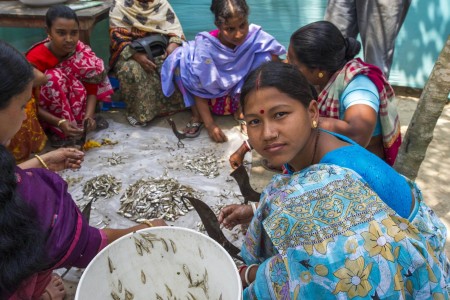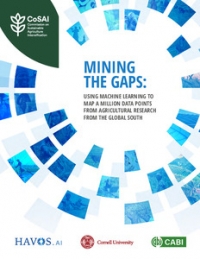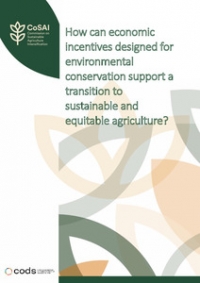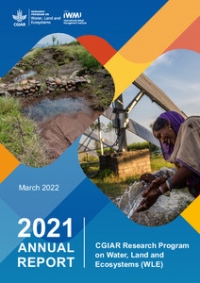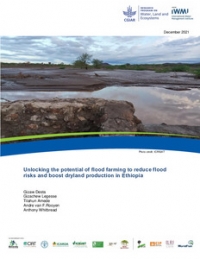The floodplains of Bangladesh are a highly valued resource for the millions of farmers and fishers who rely on them for both sustenance and income. But what if the floodplains could be managed in a way that engendered more equitable communities and resilient ecosystems? What would such a system look like?
One Research Into Use project, under the CGIAR Research Program on Water, Land and Ecosystems (WLE), set out to answer these questions.
Floodplain Fisheries and Aquaculture in Bangladesh and India was a 24-month project, led and implemented by WorldFish, that concluded in December 2013.
It built upon over ten years of experience in working on community-based fisheries culture (CBFC) started under the CGIAR Challenge Program on Water and Food. The project demonstrated how new management and governance systems can harness the large potential of seasonal floodplains, positively impacting the region's local communities and ecosystems.
Floodplains provide a diverse range of livelihood and ecosystem services for local communities. They are also an essential source of food and income for some of the poorest people in the region. Some seasonal floodplains in Bangladesh are private property while others are public. To gain access to the benefits of such floodplains people must often pay to join cooperatives that lease the right to grow crops in the dry season and raise fish in the wet season.
Rapid infrastructure development and increased fishing pressure has placed a strain on floodplain fisheries in recent years. But Benoy Barman, an inland fisheries expert from WorldFish, sees an opportunity for huge gains to be made for both communities and the environment through improvements in the management and governance practices of the cooperatives. "Community-based fisheries culture presents a clear example of how taking an ecosystem-based approach can provide a win-win for communities, the commercial production and the environment."
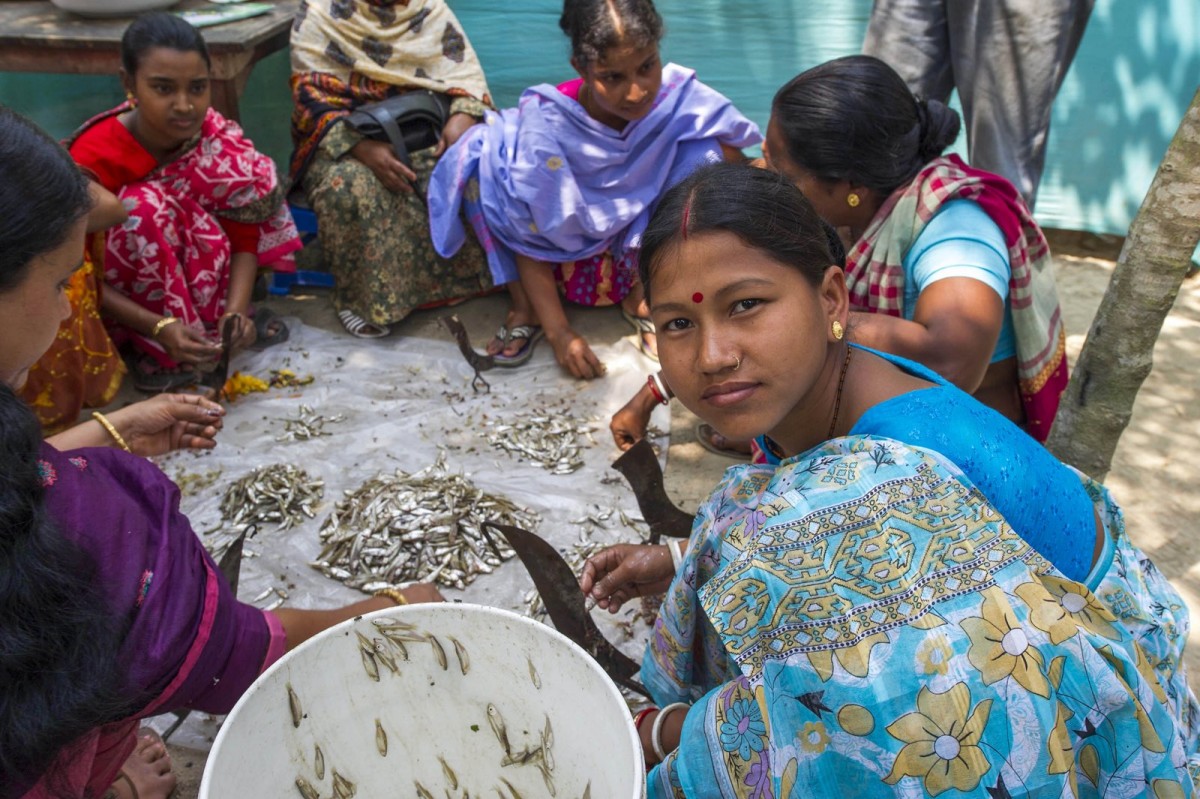
The project conducted CBFC-related activities in six diverse focal sites. It worked with existing cooperatives to stock large fingerlings of carp and mola brood fish, an indigenous fish species, in enclosed inlets during the rainy season. Enclosure fences were constructed with small grating holes that allowed small fish to move freely throughout the floodplain, while containing the stocked carps.
The project team also worked with farmers to identify naturally occurring aquatic weeds and farmer-sown aquatic plants that improved the productivity of a number of small fish species.
Lastly, it worked to build leadership skills and instill a shared goal of equitable access and benefit sharing among cooperative members.
The interventions proved to be simple, low-cost and effective. The stocked carp and mola brood fish not only grow into large fish in the short amount of time that the floodplains are viable for aquaculture, but the mola also breed and produce additional small mola. Return on mola and other small fish was more than three times the cost in all focal sites in 2013.
Free to move about the floodplain, small fish populations increased from about 9,000 kg for the six sites in 2012 to 19,000 kg in 2013. The overabundance of small fish permits the cooperatives to allow landless members of their community to harvest the small fish with traditional fishing methods. This has provided a steady source of food and income for some of the poorest and most marginalized members of society. The contribution of these small, unstocked fish to community income rose from 9 percent in 2012 to 27 percent in 2013.
Other communities have taken notice of the positive outcomes generated through the pilot activities, and many are beginning to adopt the improved practices on their own.
"The CBFC approach has demonstrated to local communities and policy makers alike the potential to use the floodplains for aquaculture production that is sustainable and equitable," Barman said. "Floodplain management can be both pro-poor and foster aquatic resource biodiversity."
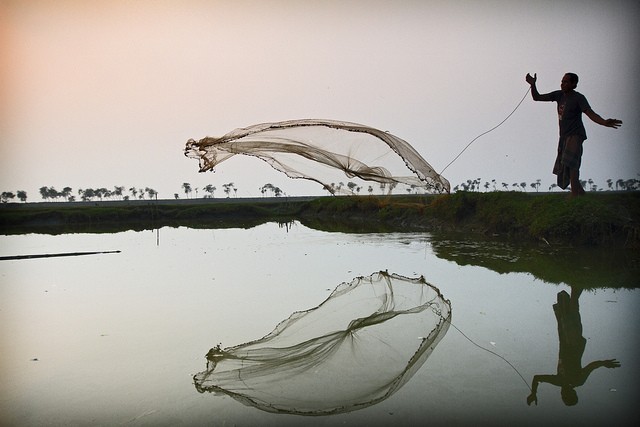
The project has presented strong evidence in favor of revised policies that can encourage and regulate investments in improved floodplain management and strengthen the agency of local communities to manage this resource.
Elements of the project and its ecosystem-based approach will be carried forward in the WLE Ganges Focal Region.

